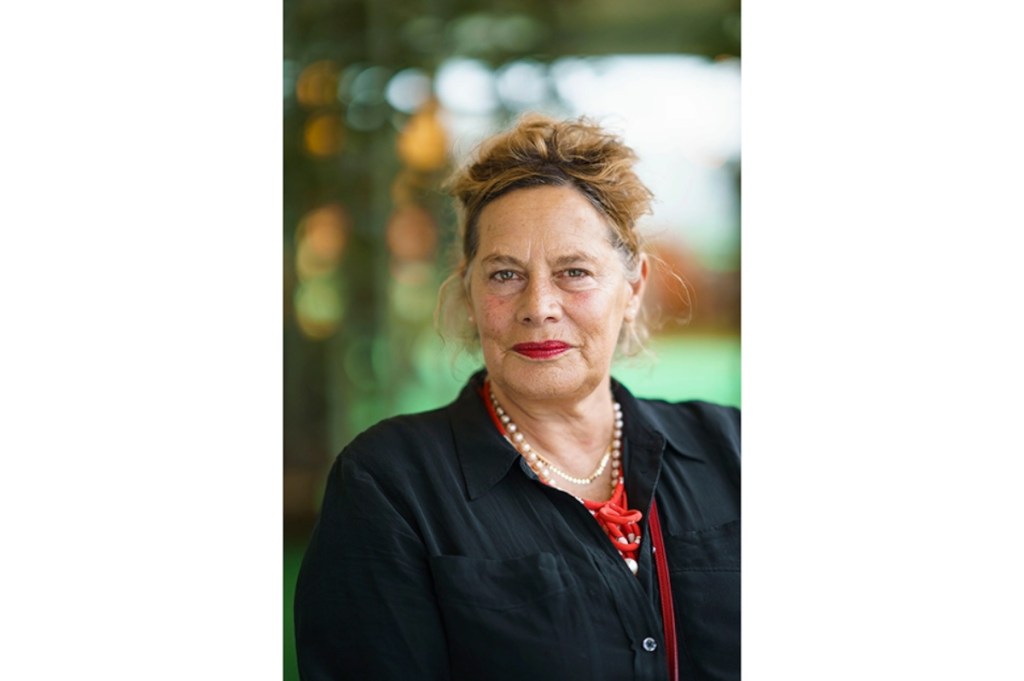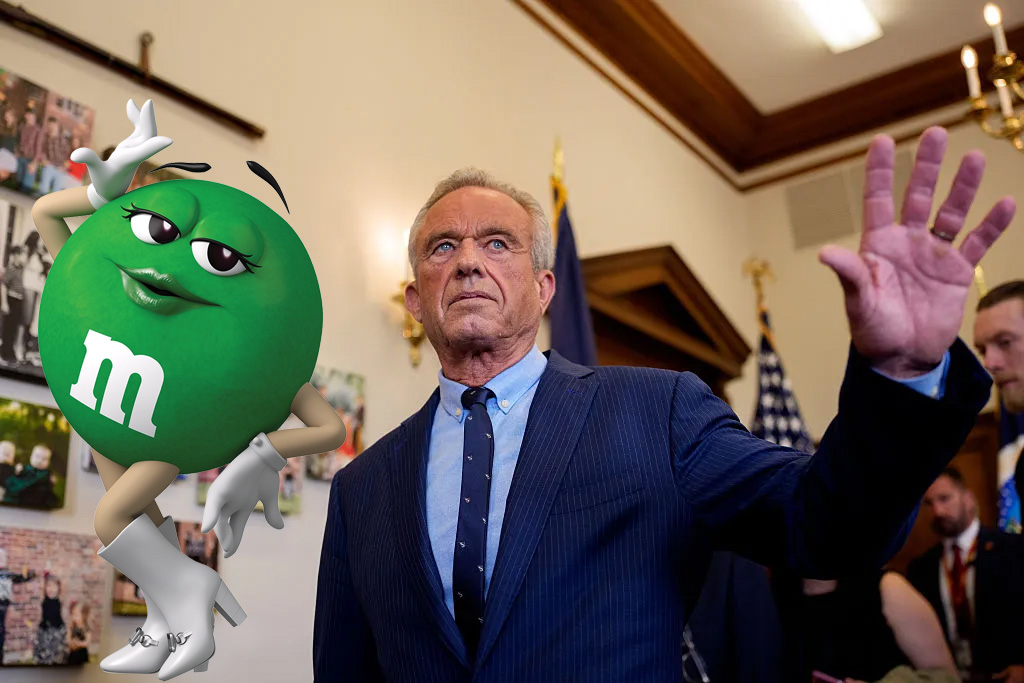The narrator-protagonist of Deborah Levy’s August Blue, an elite-level concert pianist called Elsa, is going through a difficult time. She recently walked off stage after messing up a Rachmaninoff recital in Vienna. More worryingly, she has just dyed her hair blue. At a market stall in Athens, she becomes entranced by a pair of novelty mechanical horses, but they’re snapped up by another customer with whom she becomes fixated. Elsa keeps noticing “the horse woman” out and about, and starts to think of her as “a sort of psychic double.” She is deeply impressed when she sees her smoking a large cigar: “It was a poke at life. A provocation. She had attitude and confidence.”
The novel follows Elsa as she gives piano lessons to the children of wealthy people in Athens, London and Paris, before decamping to Sardinia to spend time with her terminally ill adoptive father Arthur. She snacks on sea urchins and tomatillos and reconnects with an old friend who got fat in lockdown.
Gradually, her backstory emerges. We learn that Arthur, who is also a musician, had adopted her as a child prodigy, primarily “in order to teach me.” She never knew her mother, and had seen Arthur more as a tutor than a dad. Now that he’s dying, she wants closure on the circumstances surrounding her adoption. Her bizarre obsession with the random woman seems to be a manifestation of unresolved psychic baggage from her childhood in rural Suffolk. So too, perhaps, is her compulsive wanderlust, which inspires a sarcastic reproach from her father’s partner: “I see you are interested in Montichiari, but you don’t want to know about Ipswich.”
The Mediterranean settings, Freudian preoccupations and gnomic storytelling style — with its short, almost unnaturally tidy sentences — will be familiar to readers of Levy’s previous novels, Swimming Home (2011) and Hot Milk (2016). August Blue is a spare, subtle portrait of a woman undergoing a shift in feeling: “This mood, with its ambience of low-level panic and hyper-alert connections to everything.” It’s about the malleability of selfhood in times of personal crisis and the way we project on to others when we’re yearning for connection.
Levy explores these themes without mawkishness or excessive recourse to psychobabble. The novel is pleasingly self-contained, and the pacing of the narrative and its understated, elegant blend of whimsy and introspection are expertly crafted.
This article was originally published in The Spectator’s UK magazine. Subscribe to the World edition here.

























